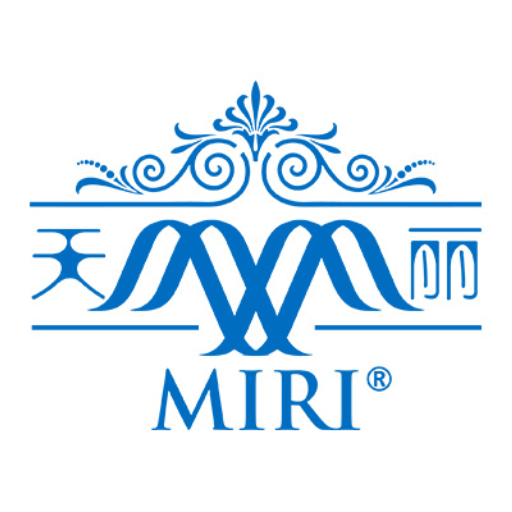Menopause and Joint Health: Strategies for Relieving Aches and Maintaining Mobility
Menopause marks a significant transition in a woman’s life, often accompanied by a range of physical changes. While hot flashes and mood swings are commonly discussed, many women experience joint pain and stiffness during this phase. These symptoms can impact daily activities and overall quality of life. Understanding the connection between menopause and joint health is key to finding effective relief and maintaining mobility.
The Link Between Hormonal Changes and Joint Discomfort
During menopause, levels of estrogen, a hormone that helps regulate inflammation and supports joint lubrication, begin to decline. This hormonal shift can lead to increased joint pain, particularly in areas like the knees, hips, and hands. Research indicates that postmenopausal women are at higher risk for conditions like osteoarthritis, where cartilage breakdown contributes to discomfort. In fact, studies show that up to 60% of women report joint issues around this time. Addressing these changes early can help preserve joint function and prevent long-term mobility challenges.
For more on the hormonal aspects of menopause, explore our previous post on Menopause Hormonal Shifts: Navigating Estrogen Decline and Natural Wellness Strategies, which delves into estrogen’s role in overall well-being.
Common Joint Symptoms During Menopause
Women navigating menopause may notice morning stiffness, reduced range of motion, or a general achiness that worsens with activity. These symptoms often stem from the interplay of estrogen decline and natural aging processes. Sleep disturbances, another common menopause effect, can exacerbate joint pain by increasing inflammation. It’s important to differentiate these from other conditions, such as rheumatoid arthritis, and consult a healthcare provider for proper diagnosis.
Natural Strategies for Joint Relief
Adopting a holistic approach can significantly alleviate menopause-related joint discomfort. Start with regular, low-impact exercises like swimming, yoga, or walking to strengthen muscles around the joints without added stress. Aim for 30 minutes most days to improve flexibility and reduce stiffness. Incorporating anti-inflammatory foods, such as fatty fish, berries, and turmeric, into your diet supports joint health by combating oxidative stress.
Weight management plays a crucial role too. Excess weight puts additional pressure on weight-bearing joints, so maintaining a healthy balance through balanced nutrition and activity can make a difference. Our guide on Menopause and Weight Management: Finding Balance Naturally offers practical tips tailored to this life stage.
The Role of Supplements in Supporting Joint Health
Supplements can provide targeted support for joints during menopause. Collagen, a key protein in connective tissues, helps maintain cartilage integrity and may reduce pain. Look for high-quality sources that also benefit skin and hair, as discussed in our article Collagen Essentials: Boosting Skin Elasticity, Joint Strength, and Hormonal Balance for Women.
Consider products like Miri Collagen Protein, which not only supports joint health but also helps with skin hydration and overall vitality. Omega-3 fatty acids from fish oil can further reduce inflammation, while calcium and vitamin D promote bone density, essential for preventing osteoporosis—a concern highlighted in Menopause and Bone Health: Protecting Your Skeleton During Hormonal Changes.
Additionally, herbs like black cohosh or soy isoflavones may ease multiple menopause symptoms, including joint aches, by mimicking estrogen’s effects. Always choose supplements from reputable sources and discuss with your doctor to ensure they complement your health needs.
Lifestyle Adjustments for Long-Term Mobility
Beyond exercise and diet, prioritize good posture and ergonomic setups to minimize joint strain. Heat therapy, such as warm baths or heating pads, can soothe stiffness, while adequate sleep supports recovery. Stress management techniques like meditation reduce cortisol levels, which otherwise heighten inflammation.
For comprehensive menopause support, including joint health, Miri Feminine Essence offers a blend that aids hormone balance and vitality, helping women feel more comfortable during this transition.
When to Seek Professional Help
If joint pain persists or intensifies, it may signal an underlying issue requiring medical attention. Physical therapy or prescribed treatments can provide relief. Early intervention ensures you stay active and enjoy this vibrant life stage.
Embracing menopause with informed strategies empowers women to manage joint health effectively. By focusing on nutrition, movement, and supportive supplements, you can alleviate aches and sustain mobility for years to come. Remember, this transition is an opportunity to nurture your body with care and confidence.
